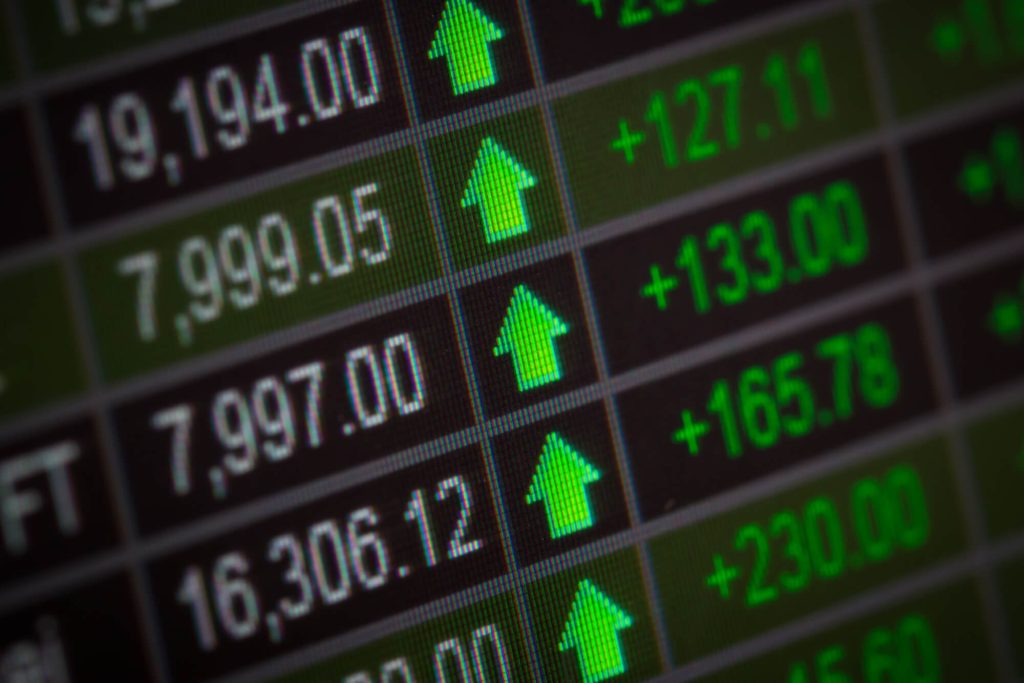
Introduction
Goldman Sachs, a leading investment bank, has challenged prevailing concerns of an impending recession in the United States. In a recent report, their chief economist, Jan Hatzius, expressed confidence in the strength of the U.S. economy, citing positive data and downgrading the probability of a recession. This article explores Goldman Sachs’ perspective and provides insights for traders based on their analysis.
1. Consider Buying U.S. Stocks for a Soft Landing Scenario
If you believe in a soft landing for the U.S. economy, where growth slows but avoids a recession, it may be favorable to buy U.S. stocks. Focus on companies with stable profitability and growth potential, particularly in the technology, consumer, and healthcare sectors. These sectors tend to perform well during periods of moderate economic growth.
2. Sell the U.S. Dollar if the Federal Reserve Pauses Rate Hikes
Should the Federal Reserve pause its rate hike cycle, it could weaken the appeal of the U.S. dollar. Consider selling the dollar in this scenario. Look for currencies negatively correlated to the dollar, such as the euro, yen, and gold. These currencies may see upward movement against the dollar.
3. Explore U.S. Bonds as a Recession Hedge
If you are concerned about a potential recession indicated by the inverted U.S. bond yield curve, consider buying U.S. bonds. Historically, bonds tend to perform better than stocks during recessions. Focus on long-term U.S. bonds, like 10- or 30-year Treasuries, as their yields tend to fall, leading to price appreciation.
Goldman Sachs’ Confidence in the U.S. Economy
Goldman Sachs challenges the notion that the inverted yield curve necessarily predicts a recession. They argue that the current inversion is different from previous instances due to the term premium being “well below” its long-term average. This implies that the expected rate cuts needed for an inversion are smaller, indicating a different economic outlook.
According to Jan Hatzius, recent data showing a slowdown in U.S. consumer and producer price inflation further strengthens their economic confidence. The relaxed financial environment, rebounding housing market, and ongoing construction activities all point to sustained growth, albeit at a slower pace.
Hatzius suggests that the Federal Reserve will likely raise interest rates by another 25 basis points at the upcoming meeting, which is anticipated to be the final hike in the current tightening cycle. This aligns with other experts’ views of a soft landing scenario and a consensus that a recession is becoming less likely.
Market Sentiment and Revised Forecasts
Goldman Sachs’ outlook is supported by Allianz Chief Economic Advisor El-Erian, who believes that the U.S. economy has the potential to avoid a recession. Business and academic economists surveyed by U.S. media have also revised the likelihood of a recession in the next 12 months. The revised forecasts indicate a growing belief in a soft landing scenario.
While risks and uncertainties persist, the path to a soft landing appears more plausible now. The likelihood of a recession has been significantly revised downward, reflecting improved economic conditions. Economists, such as Sean Snaith from the University of Central Florida, have adjusted their recession probabilities accordingly, suggesting a more positive outlook.
Conclusion
Goldman Sachs’ optimistic outlook challenges prevailing recession fears, suggesting that the U.S. economy is resilient and unlikely to face a downturn. Traders can consider their recommendations based on different economic scenarios. However, conducting thorough research, assessing risk tolerance, and monitoring market developments is crucial. Remember that investment decisions carry inherent risks, and individual circumstances should guide decision-making.
Disclaimer:
The information provided in this article is for informational purposes only and should not be considered investment advice or a recommendation. Investors should exercise caution and perform their research before making any investment decisions. Any consequences resulting from investment actions based on the information provided are the sole responsibility of the investor. We shall not be held liable for any direct or indirect losses arising from the use of or reliance on the information provided. Investors should assess their investment objectives, risk tolerance, and financial situation before making any investment decisions.




